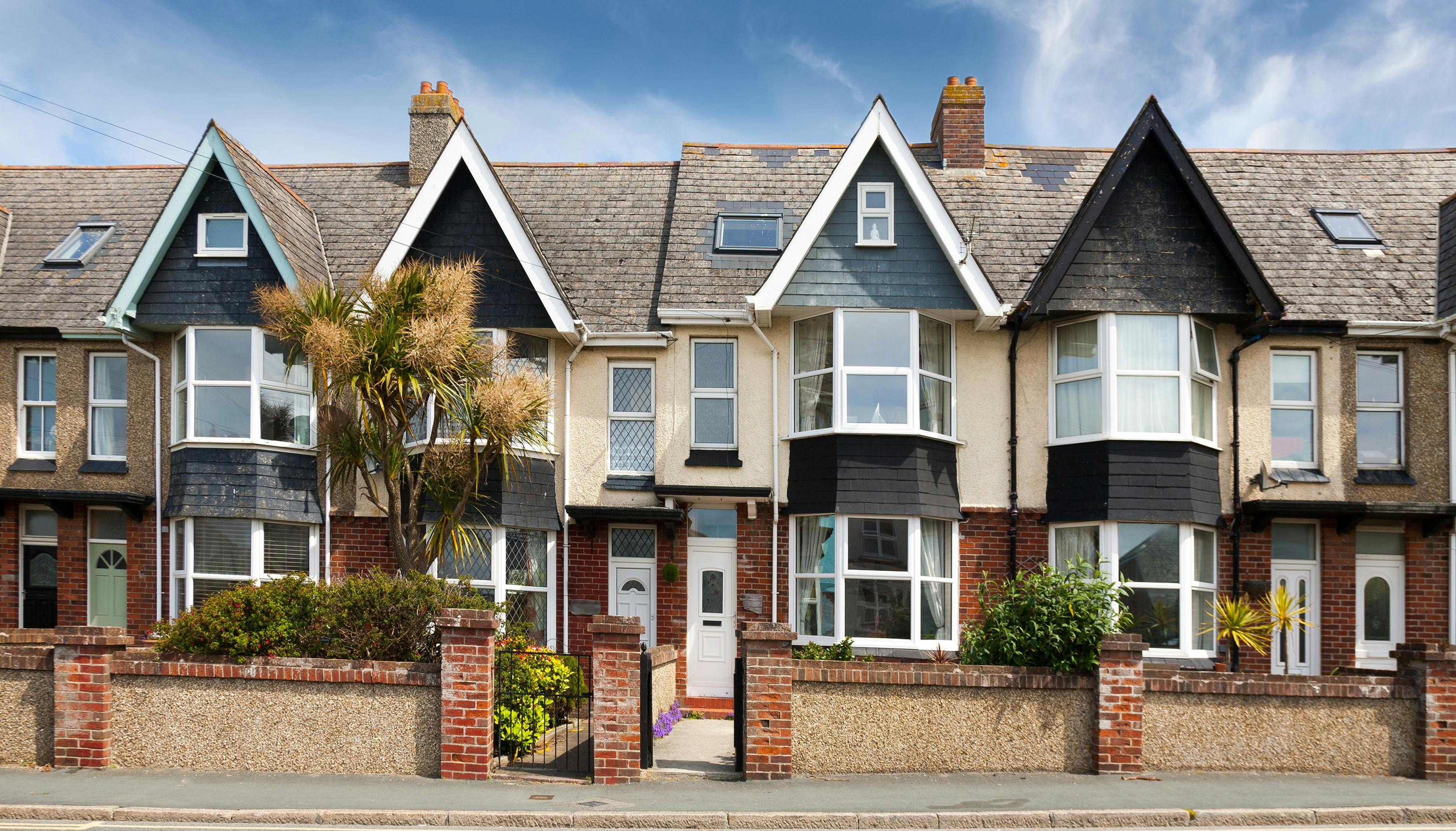
Commercial Property Insurance
Essential for owners of shops, offices, surgeries, hotels, leisure complexes, or home-based businesses, providing cover for diverse commercial buildings.
- Tailored insurance products
- Competitively priced
- Option to combine residential and commercial properties

As a commercial property owner, you will need an insurance policy to cover your commercial buildings. If you own shops, offices, a surgery, hotel, leisure complex or run a registered business from home you will need commercial property insurance.
The Alan Boswell Group Difference
Investment in commercial property is a serious business – protecting your investment is equally as important and requires an insurance broker who understands your needs and knows what issues you may face.
Whether you require cover for commercial, mixed-use, or unoccupied property, our property experts are on hand to discuss your insurance needs. With more than 40 years’ experience in the commercial property sector, our dedicated team are perfectly placed to help with your commercial property insurance needs.
We’ve provided a hub of commercial property content and guides to help make sense of some of the complex issues surrounding commercial property.

Commercial property owners insurance in detail
Property insurance
Engineering damage
Business interruption
Property owners' liability up to £10million
If your commercial premises becomes unoccupied
Unoccupied properties present a greater risk to insurers than those which are occupied by a business.
They are more likely to be targeted for break-ins, and are more susceptible to malicious damage, including arson.
As a result, many insurers are reluctant to cover vacant properties – other than for brief periods such as a change of tenant – and cover can be restricted and be subject to certain conditions being met.
For longer periods of unoccupancy, such as where the property may be undergoing renovations, property owners will need to arrange a dedicated unoccupied property insurance policy.
If you are a property owner and you have a change of tenant or processes undertaken within the property, you will need to inform your insurance provider. Failure to do this could invalidate any claim.
It is important to make your insurance provider aware if there will be any periods of unoccupancy to ensure the property is covered correctly whilst unoccupied. Again, failure to inform your insurance provider could invalidate your insurance.
Optional extras
Legal expenses including commercial property disputes
Contents and fixtures and fittings
Subsidence
Terrorism insurance
Employers' liability
Get in touch
Whether you need a quote, have a general enquiry, want to register a claim, or want to talk it through over the phone, we're here to help.














